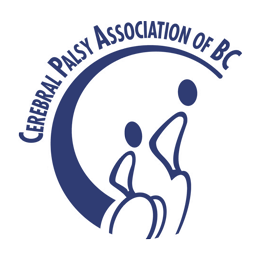In a sense, we’re allowing our brains to run and jump and fly in ways our bodies can’t” – Tanabe Bursary recipient Lane Chevrier
Being born with cerebral palsy has presented challenges for 2015 Tanabe Bursary award winner Lane Chevrier, yet he has exceeded expectations by achieving good grades and living his Life Without Limits. Because he is extremely sensitive to sensory stimuli as a result of his disability, he makes a beeline to class and study areas at the University of Victoria, turtling away from all the chaos. As a result he spends a lot of time alone and focussed on his studies, and it has paid off.
Making the links
Being on the autism spectrum and having cerebral palsy peaked his interest in studying this field. He is working on a Bachelor of Science in Biopsychology and learning about how the brain manifests neurological issues such as cerebral palsy, autism, and mental illness such as depression. The University of Victoria student has personally experienced depression, and believes these issues should be looked at jointly as they all originate in the brain. He feels that if we knew more about the biological correlation of the conditions, society might be better suited to treat them proactively rather than relying on reactive or “band-aid” approaches.
Chevrier’s studies are focused on the human brain and physiology, which he wants to further pursue through an honours degree and thesis. The Victoria resident has been impacted academically by various professors such as John Lee, Michael Pollock, Ann Beck, Clay Holroyd and Louise Chim; all of these people demonstrated passionate enthusiasm for the material they taught and got him excited to come to class at Camosun College and the University of Victoria.
Four-time award recipient
Lane is a four-time recipient of the Cerebral Palsy Association of British Columbia’s Tanabe Bursary program. The program is a $1,000 award that assists people living with cerebral palsy to attend a post-secondary institution of their choice. Lane indicates that having CP doesn’t affect someone’s cognitive ability, although it does affect our physical existence. “In a sense, we’re allowing our brains to run and jump and fly in ways our bodies can’t,” he says.
Lane states that the greatest impact the bursary has had on him is that it’s made life easier for him. “As a person on disability, it can be difficult to make ends meet,” says Chevrier. “Trying to attend school and pay for tuition and textbooks with insufficient student loans while making sure rent and bills are covered – this is a big stressor, which impacts studies.” He adds that the high price of food these days compounds the issue, and that healthy eating is essential to productive studying. The 29-year-old has not let his disability define him and plans to finish his thesis on the clinical applications of neuropsychology related to cerebral palsy and ASD.
Lane is one of almost a hundred students who have benefited from the CPABC’s Tanabe Bursary program and found their dreams by pursuing higher education.
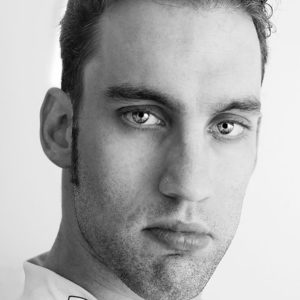 In a sense, we’re allowing our brains to run and jump and fly in ways our bodies can’t” – Tanabe Bursary recipient Lane Chevrier
In a sense, we’re allowing our brains to run and jump and fly in ways our bodies can’t” – Tanabe Bursary recipient Lane Chevrier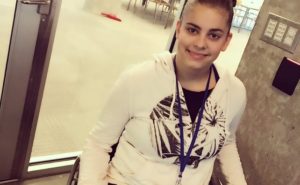 Ella’s Camp Story
Ella’s Camp Story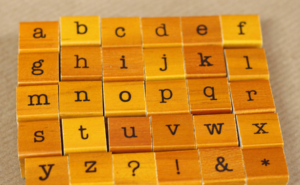 Parenting Out Of The Abyss
Parenting Out Of The Abyss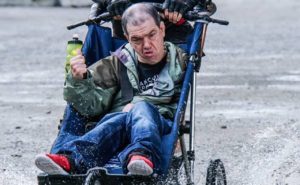 Making a run for fairness and inclusion: Guinness World Record breaking wheelchair tandem team takes on Victoria Half Marathon
Making a run for fairness and inclusion: Guinness World Record breaking wheelchair tandem team takes on Victoria Half Marathon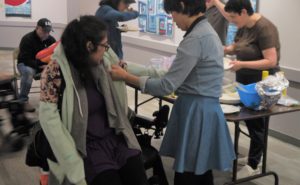 Making an adapted fashion statement – Youth Without Limits
Making an adapted fashion statement – Youth Without Limits

